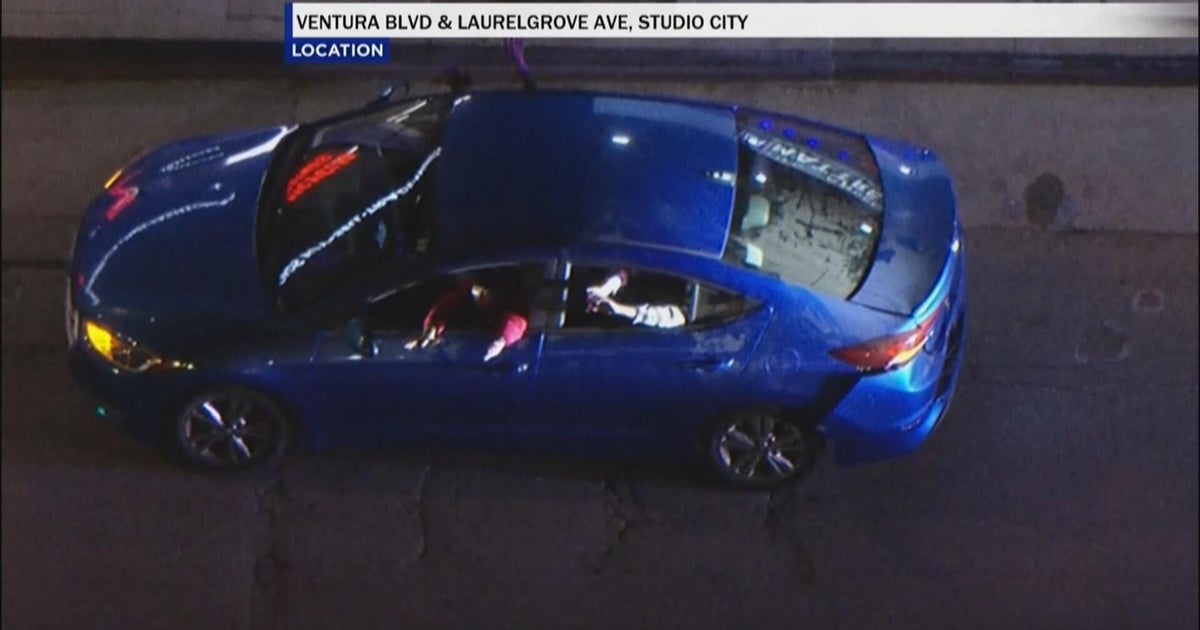How Will Insurance Companies Handle Driverless Cars?
SAN FRANCISCO (KCBS) – According to many, autonomous cars are the future, with companies already in the process of developing them.
Although it's still unclear when the first cars will actually hit the market, according to the Wall Street Journal, insurance companies are already warning that they could affect the way they do business in the future.
Chunka Mui is co-founder and managing director of the Devil's Advocate Group, an alliance of critical thinkers dedicated to helping business leaders improve the robustness of their strategies and increase the odds of success.
"In the near-term, when you have driverless cars, the liability for accidents shifts from the driver to the maker of the car. So you have a shift from personal liability insurance to product liability insurance," Mui told KCBS. "There's no reason why insurance companies can't prepare for that. The longer term problem is when you have no accidents, you don't need accident insurance. They'll have to deal with that, but it's a long way off."
Mui said he believes insurance companies, rather than push away the risk, should embrace it and figure out how to insure driverless vehicles. He said the problems insurance companies are bringing up could even push back the launch date of these cars.
"The first question people ask when they think about driverless cars is, what happens if there's an accident? Who is liable? We can get ourselves caught up in a big tangle, and let that regulatory issue delay the advancement and adoption of this technology," he said. "But consumers will suffer it that happens."
The insurance suppliers that spoke with the Wall Street Journal said the warnings are not meant as a threat. But the Journal reports that their inclusion in the catch all "Risk Factors" section of corporate filings indicates that insurers feel they need to flag the risks to their investors.
A number of auto makers and Silicon Valley companies already have driverless cars under development. In fact, Google has been testing its version for some six years, and is hooping to have it on the market by 2020.







